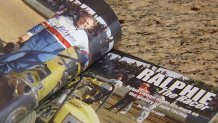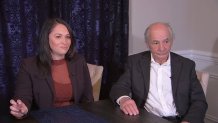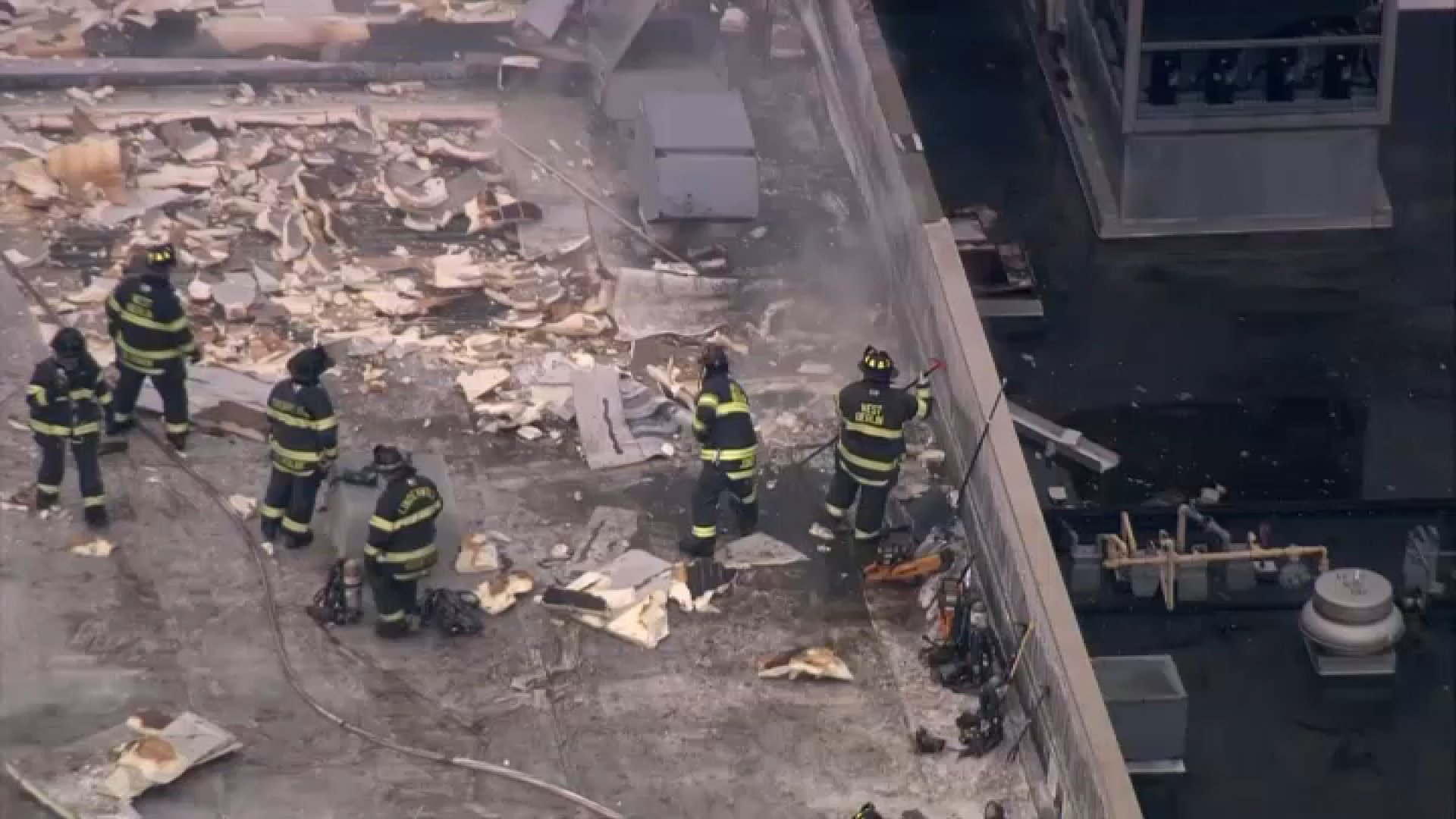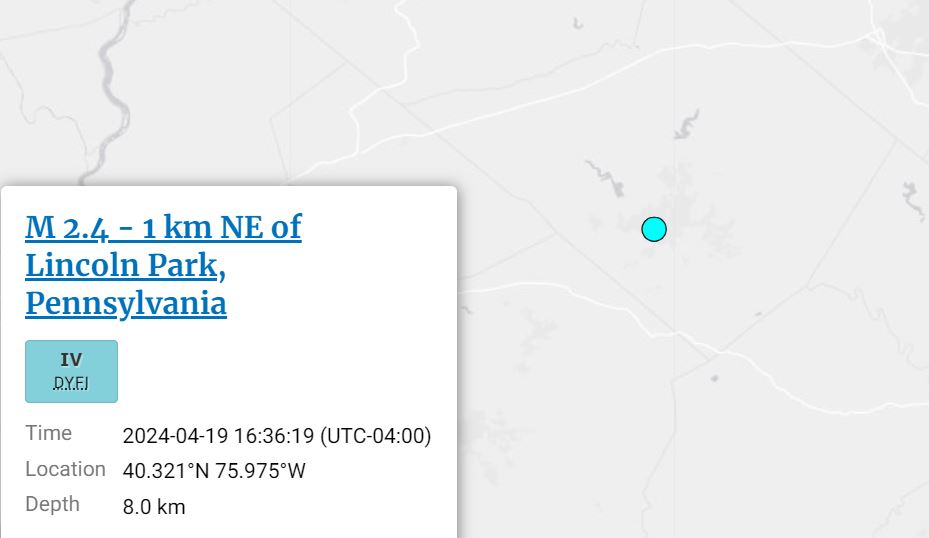Kathy Romano always heard the stories about her fast-driving, hard-charging paternal grandfather, Ralph Liguori.
"Ralphie the Racer," as he was known dating back to the 1950s, was a race car driver and stunt driver who hung out with James Garner and Paul Newman, and almost made it to the Indianapolis 500, according to Romano, who is a longtime Philadelphia radio host on WMMR-FM's Preston & Steve Show.
"The story was that he did a lot of running around in his day. He was a very good looking man," she said in an interview with NBC10. "You see older photos of him. I mean, a really handsome man."

Yet it was still a surprise for her, and especially her father, when Romano found out through a home DNA test that her grandfather had another son that no one knew about.
Romano unveiled the secret after seeing first cousins, who she didn't know, pop up in the DNA ancestry site's database.
Robert Romano, Kathy's father, said his dad Ralph left Robert's mother when he was just a baby.

Ralph Liguori eventually had an affair with the wife of a race car mechanic, the Romanos say they recently found out.
Local
Breaking news and the stories that matter to your neighborhood.
That affair resulted in a brother, Bryan Ellis, for Robert Romano that he never knew about.
"Something I’ve had a question about basically from childhood to now has been answered," Bryan told NBC10.
Home DNA testing kits have exploded in popularity in recent years. More than 20 millions Americans have submitted DNA for testing to companies like Ancestry.com, a Utah-based company, and 23andMe, of California.
That number is expected to grow in the years ahead. It could reach 100 million in the first half of this decade, according to West Chester University Professor Anita Foeman, who has studied the industry since 2006.
"It is changing the way that we think about each other, our relationships to one another, and what’s sort of out there and what we can keep secret," she said.
With the booming interest and growing databases of familial relationships accessible online, revelations of newfound relatives will continue to grow as well in the years ahead.
Ancestry results, like tracing a family's country or place of origin, aren't even the most accurate outcomes of DNA tests, Foeman said. The ability to find relatives in the expanding databases is.
"We see them all the time," Foeman said of unexpected cousins, siblings and parents. "The tests are far better at pinpointing genetic relatives than they are at ancestry. So if someone had some unclear ancestry, I could say, 'Well, you know, the test isn't perfect.' But people are finding out, again, that their parents are not their parents, et cetera."
That happened to Robert Romano's brother, Bryan. His family not only expanded to include a new brother and neice, but he has a father who he never knew.
"I always felt different, and now I know why," he said in an interview.
He also quickly erased the "never knew" part of the equation. Bryan took a trip to Florida to see his biological father, Ralph Liguori, who is now 91.
"For me, I had to know. I had to see him," he said.
Kathy Romano said she's not sure her new uncle is the last discovery of new family she'll find in the DNA databases.
"I don’t think it’s the end," she said. "I think there might be more."
Digital editor Brian X. McCrone contributed writing to this report.



